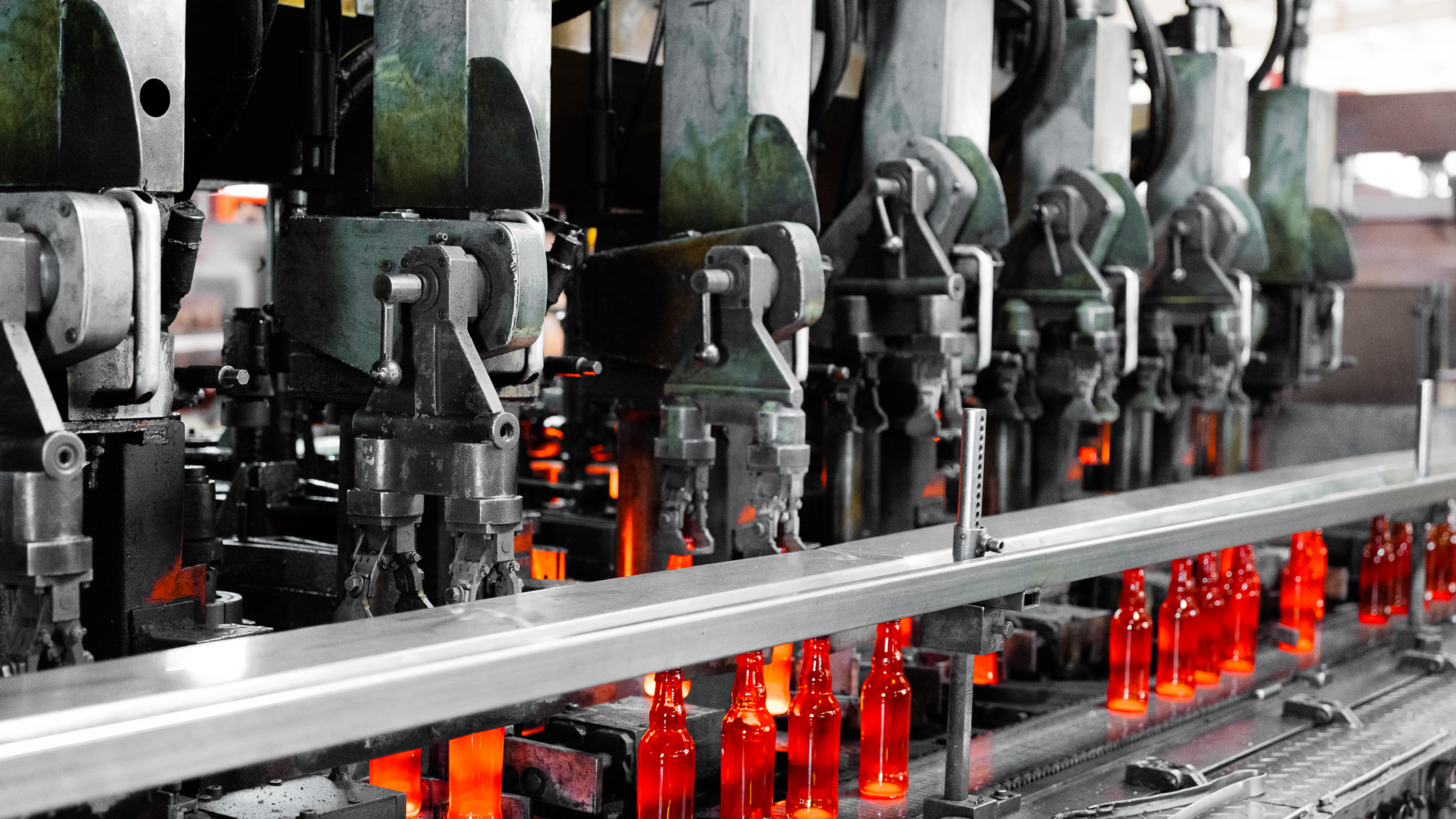Advancements in Glass Bottle Production Technology
Advancements in Glass Bottle Production Technology
Advancements in science and technology, along with a growing emphasis on environmental responsibility, have driven significant technological progress in the glass bottle manufacturing sector. These breakthroughs have led to higher production efficiency, enhanced product quality, and a decreased environmental footprint.

1. Automated production line
Historically, glass bottles have been produced primarily by hand, a method that is both inefficient and susceptible to mistakes. However, with the advent of automated production lines in recent years, the industry has undergone significant transformation. Today, advanced machinery handles every stage of the process — from transporting raw materials and melting them, to shaping and cooling the bottles — without the need for manual intervention. This shift to automation has greatly boosted productivity while simultaneously lowering the costs associated with labor.
2. 3D printing technology
The integration of 3D printing into glass bottle design and manufacturing has ushered in a new age of personalized customization. With computer software, designers are able to swiftly create intricate shapes and patterns, then verify their designs using 3D-printed prototypes. This method accelerates the development process and lowers costs for small-scale production, allowing brands to adapt rapidly to changing market needs.
3. Application of green materials
As environmental regulations become more rigorous, glass bottle producers are seeking greener alternatives for their raw materials. One approach is incorporating recycled glass into their manufacturing processes, which helps lower both the costs associated with extracting and transporting raw materials and the energy required during production. By boosting recycling rates, manufacturers can conserve resources and play a role in safeguarding the environment.
4. Smart manufacturing and the Internet of Things
Ongoing advancements in technology are driving progress within the glass jar manufacturing sector. The integration of cutting-edge solutions — including automation, 3D printing, energy efficiency measures, eco-friendly materials, and smart manufacturing — has enhanced both production efficiency and product quality, while also supporting sustainability efforts. Looking ahead, as technological innovations continue to evolve, the glass bottle industry is poised for even greater growth and opportunity.